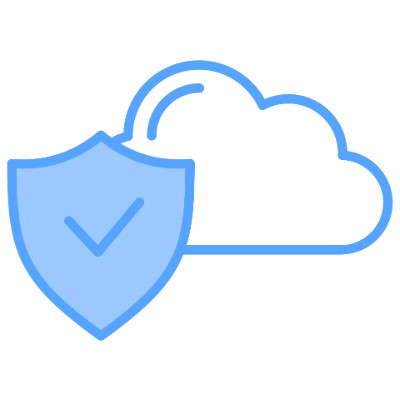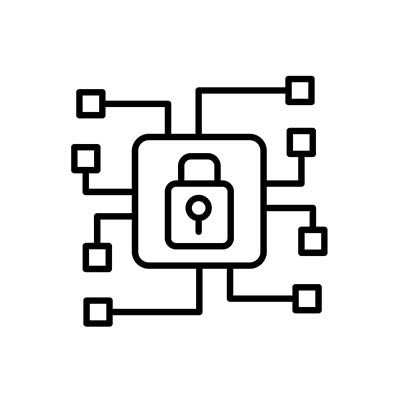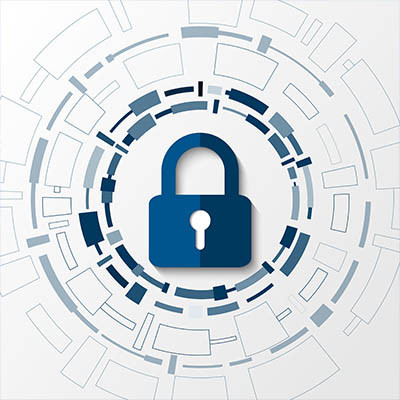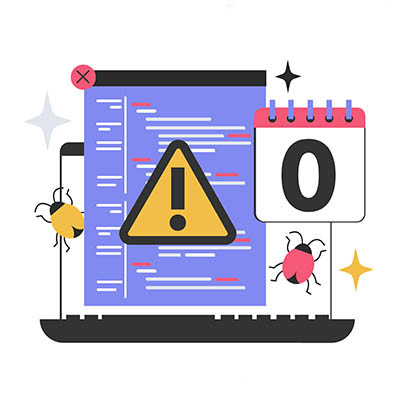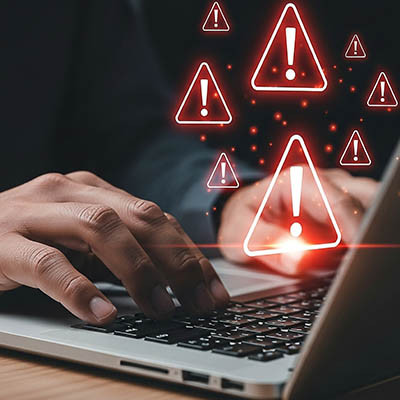What does your perfect help desk solution look like? Too many businesses look at it like the emergency option or the place to go when you need immediate support, but that’s a hard way to judge its value to your business. When it’s not used, it might seem like you’re paying a whole lot for nothing much, but you can change this perception by reimagining what the help desk does for your business.
Tritek Networks Blog
Some of the hardest cybersecurity lessons are only learned after the fact. Whether it’s a data breach caused by poor security practices or simple human error, the end result is the same: a loss of time, money, and reputation. You can learn these simple security lessons now and save yourself a lot of hurt along the way.
Imagine finalizing a high-stakes client proposal, only to realize—seconds before the ink dries—that your AI assistant generously included a 50 percent discount on your most profitable service.
It sounds like a corporate fever dream, but in the world of unmanaged AI, it is a very real possibility. While artificial intelligence is a powerhouse for productivity, it is only an asset if there is a human at the wheel. Without a sanity check, AI can quickly transition from a helpful tool to a liability.
If you think your business is immune to the dangers of cybersecurity attacks, think again. Cybercriminals don’t discriminate, and they’ll attack you just as readily as a larger enterprise simply due to your weaker network security. If you want to keep your business from suffering a cybersecurity attack needlessly, we’ve got just the thing for you.
If you view your IT department as just another line-item expense, you are missing the most critical risk to your bottom line. In a modern business, your digital infrastructure is rarely a static asset; it is either a fortress protecting your revenue or a leaky bucket where your hard-earned profits are quietly draining away. To protect your company, you have to look past the technical jargon and recognize that cybersecurity is not an IT problem; it is a direct threat to your financial stability.
The AI honeymoon phase is officially over. In 2026, the question isn’t whether your business is using AI, it’s whether you’ve handed it the keys to the building without a background check. As IT providers, we’re seeing a surge in emergency room calls from companies that treated AI as a set-it-and-forget-it miracle. To keep your organization from becoming a cautionary tale, you need to stop trusting the machine blindly and start managing it strategically.
We’d be the first to admit it: my team and I put a lot of emphasis on security.
That said, we’d argue that this emphasis is completely warranted, especially considering how intent modern cybercriminals are to accomplish their goals. It’s gotten to the point where you really can’t trust anyone… not even the people you’ve hired to work for your business. It’s an unfortunately necessary mindset that today’s business owners must adopt.
This is why establishing zero-trust security standards is so critical.
Unless they run a technology company, business owners shouldn’t have to give much thought to their network protection. They have much more critical things to spend their focused time on. Unfortunately for them, cybersecurity is extremely important, so having an ongoing strategy to consistently upgrade your network defenses is something most businesses should consider. Today, we thought we’d go through six reasons you need to take network security seriously.
It’s easy to fall into the trap of thinking that IT is more of a cost than a savings mechanism. But in reality, IT is a powerful tool that can help your business eliminate unnecessary expenses, improve operations, and stop problems in their tracks before they even exist. This approach, proactive IT, has many benefits, all of which save you money.
As an IT expert, I've seen firsthand how crucial good access control is for businesses of all sizes. But for small business owners, it can often feel like a daunting task. You're juggling a million things, and cybersecurity might not always be at the top of the list. However, a breach due to poor access control can be devastating.
When it comes to technology, there is a constant friction between convenience and security. No consumer device illustrates this tension better than the Ring doorbell. To most, it is a tool to catch porch pirates; to IT professionals, it is a persistent IoT sensor with a direct, unencrypted line into one of the world’s most massive cloud ecosystems.
The real controversy isn't about filming a sidewalk; it’s the transparency gap between what is being captured and what the company openly admits to. Most users believe they are buying a digital peephole, but the reality of how Amazon captures, processes, and utilizes that data is far more complex.
Do you know which of your employees is your weakest security link? It doesn’t take much to break into an employee’s email, and from there, the rest of your infrastructure. All a scammer has to do is convince the right employee to click on a link, download an infected attachment, or hand over their password. Can you honestly say that your team has the knowledge to combat such a profound threat?
Cyberthreats aren’t just occasional inconveniences, especially nowadays. They are constant, evolving, and some are so highly sophisticated that you can hardly blame yourself if you fall victim to them. This is why proactivity is so important. Businesses that take a reactive approach to cybersecurity find themselves in a never-ending cycle of damage control.
Your team is your first and most vital defense against cyber threats. A single mistake—a click on a malicious link, a weak password, or a lapse in judgment—can compromise your entire organization. Cybersecurity isn't just an IT issue; it's a company-wide responsibility.
To build a resilient defense, your team needs comprehensive, recurring training. This month, we will give you a brief outline of the essential cybersecurity topics you must cover:
Is your business still tied up with its rapidly aging server hardware? This can stifle your company’s growth, whether you realize it or not. The good news is that the cloud offers ways for your business to transcend the limitations of traditional IT, and with a cloud-first IT model, you can work toward making the cloud your default and preferred choice for all your new IT initiatives.
Today, we’ll look at why the cloud-first model is the preferred choice for modern business owners, as well as how it can lead to more scalability, cost predictability, and remote work potential for your company’s employees.
Let’s imagine that your business has a hidden back door—one that your building manager doesn’t even know exists—and that door leads straight into the heart of your office. By the time someone finds out that door exists, someone could have snuck in to wreak all kinds of havoc, unbeknownst to you. This is what is known as a zero-day threat; it’s a security vulnerability that is being actively exploited in the wild, one that was previously unknown to the vendor and unpatched against, and it’s a serious problem for any SMB.
We’ve all said it. It’s the unofficial motto of pragmatism, the quiet commitment to frugality that businesses cling to: If it ain't broke, don't fix it.
It feels responsible. It feels safe.
Here is the hard truth from an IT professional: When it comes to your business technology, this motto is a recipe for disaster. It is the single most dangerous, most expensive, and highest-risk strategy you can have.
With over $101 million in jewelry stolen, the recent Louvre heist was a costly success for criminals. However, French publications suggest the thieves may have encountered less resistance than an organization of the museum's stature should provide, thanks to a documented history of severe cybersecurity vulnerabilities.
This history offers a crucial lesson for all businesses: Foundational security flaws can undermine even the most complex physical protections. Let's examine the documented oversights and what they imply about the museum's current security posture.






